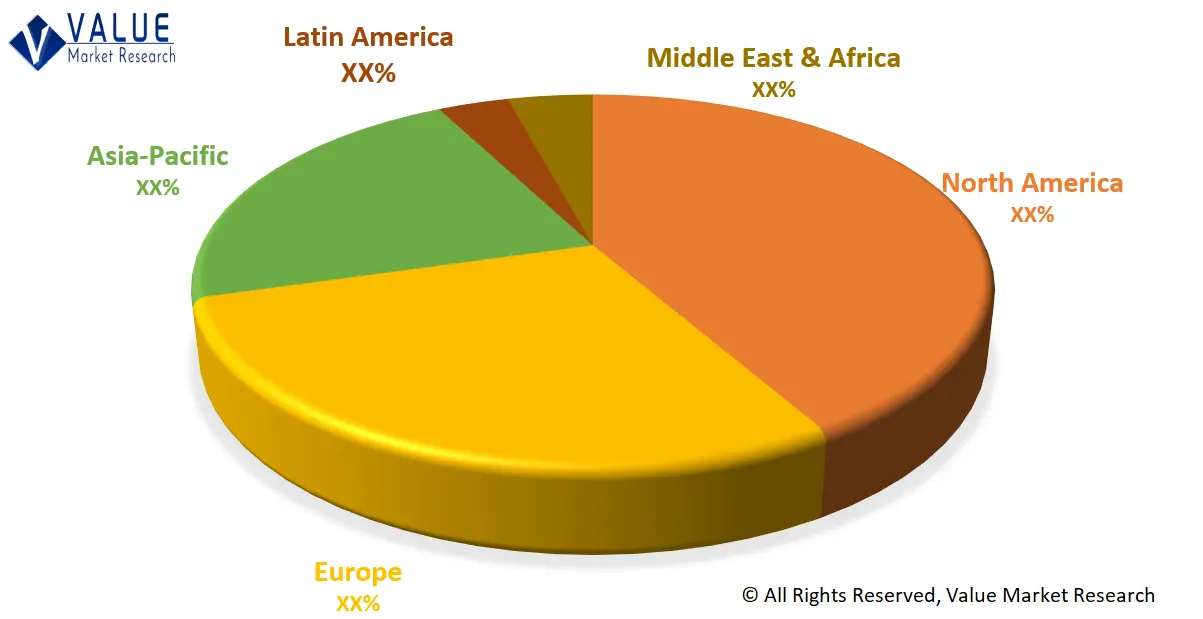The global demand for Synthetic Biology Tools Market is presumed to reach the market size of nearly USD XX MN by 2030 from USD XX MN in 2022 with a CAGR of XX% under the study period 2023 - 2030.
Synthetic biology tools are a collection of techniques, methods, and technologies used to engineer biological systems for specific purposes. This interdisciplinary field combines principles from biology, engineering, computer science, and other disciplines to design, construct, and manipulate biological systems with the goal of creating new functions or improving existing biological processes. These tools enable scientists and engineers to modify and manipulate genetic information, biological pathways, and cellular processes to achieve desired outcomes.
Market Dynamics
Recent advancements in DNA synthesis and assembly technologies have significantly improved the ability to construct complex genetic circuits and pathways. These advancements have made it easier and more cost-effective to design and engineer biological systems, driving the growth of the synthetic biology tools market. Various industries, including pharmaceuticals, agriculture, bioenergy, and chemicals, are demanding sustainable and eco-friendly solutions. Synthetic biology tools enable the engineering of biological systems to produce bio-based products, such as biofuels, enzymes, pharmaceuticals, and speciality chemicals, which are gaining popularity due to their potential for reduced environmental impact. This demand is driving the adoption of synthetic biology tools in these industries.
Synthetic biology tools are being increasingly used in healthcare and precision medicine for applications such as gene therapy, personalized medicine, and diagnostics. The ability to precisely edit and manipulate genes using tools such as CRISPR-Cas9 has opened up new opportunities for treating genetic diseases and developing targeted therapies, driving the demand for synthetic biology tools in the healthcare sector. The field of synthetic biology has received significant attention from investors and funding agencies, leading to increased investments in research and development. This has fueled the development of new synthetic biology tools and technologies, leading to a broader range of options for researchers and driving the growth of the market.
Collaborations and partnerships among academia, industry, and government entities have played a key role in advancing synthetic biology research and development. These collaborations have facilitated the exchange of knowledge, expertise, and resources, leading to the development of innovative synthetic biology tools and their commercialization, which has further pushed the growth of the market. Synthetic biology tools are increasingly being customized and modularized to meet specific research and application requirements. Customized and modular synthetic biology tools provide researchers with greater flexibility and control over the design and construction of biological systems, allowing for more efficient and precise engineering of biological systems, which is driving the demand for these tools. Rising awareness and acceptance of synthetic biology are posing as a promising field with potential applications across various industries. This has led to greater adoption of synthetic biology tools by researchers, industries, and governments, driving the growth of the market.
The research report covers Porter's Five Forces Model, Market Attractiveness Analysis, and Value Chain analysis. These tools help to get a clear picture of the industry's structure and evaluate the competition attractiveness at a global level. Additionally, these tools also give an inclusive assessment of each segment in the global market of synthetic biology tools. The growth and trends of synthetic biology tools industry provide a holistic approach to this study.
Market Segmentation
This section of the synthetic biology tools market report provides detailed data on the segments at country and regional level, thereby assisting the strategist in identifying the target demographics for the respective product or services with the upcoming opportunities.
By Type
- Oligonucleotides
- Enzymes
- Cloning Technology Kits
- Chassis Organisms
- Xeno-Nucleic Acids (XNO)
By Application
- Medical Applications
- Industrial Applications
- Food And Agriculture
- Environmental Applications
Regional Analysis
This section covers the regional outlook, which accentuates current and future demand for the Synthetic Biology Tools market across North America, Europe, Asia-Pacific, Latin America, and Middle East & Africa. Further, the report focuses on demand, estimation, and forecast for individual application segments across all the prominent regions.
Global Synthetic Biology Tools Market Share by Region (Representative Graph)

The research report also covers the comprehensive profiles of the key players in the market and an in-depth view of the competitive landscape worldwide. The major players in the synthetic biology tools market include Thermo Fisher Scientific, Novozymes, Merck KGaA, Intrexon Corporation, Agilent Technologies, Amyris, Genscript Biotech Corporation, Ginkgo Bioworks, Integrated Dna Technologies (IDT), New England Biolabs (NEB), Synthetic Genomics, Twist Bioscience. This section consists of a holistic view of the competitive landscape that includes various strategic developments such as key mergers & acquisitions, future capacities, partnerships, financial overviews, collaborations, new product developments, new product launches, and other developments.
In case you have any custom requirements, do write to us. Our research team can offer a customized report as per your need.

